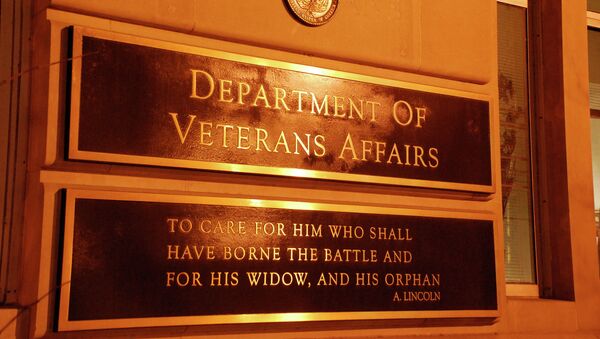For example, following a food services manager with the Department of Veterans Affairs in Philadelphia blowing the whistle on a fly infestation, he was reassigned to cleaning a morgue and they attempted to fire him for eating $5 worth of old sandwiches.
“This is a pattern where whistleblowers who disclose wrongdoing often face trumped-up charges but where employees who put vets’ health at risk or engage in misconduct that endangers vets are going unpunished,” Special Counsel Carolyn Lerner told the Washington Post. “The bottom line is, you can’t discipline whistleblowers for coming forward but not discipline those who have done wrong.”
A senate hearing on VA whistleblowers set to take place on Tuesday will feature testimonies from Lerner as well as several whistleblowers.
One of the whistleblowers set to speak is Brandon Coleman, a decorated veteran from the VA Hospital in Phoenix, Arizona.
During the course of one week in January 2013, five suicidal veterans left their emergency room without receiving any help. When Coleman reported the alarming information to his supervisor, he was suspended from his job.
“The lack of accountability in these cases stands in stark contrast to disciplinary actions taken against VA whistleblowers,” Lerner said in a letter to the White House. “The VA has attempted to fire or suspend whistleblowers for minor indiscretions, and often for activity directly related to the employee’s whistleblowing. While OSC has worked with VA headquarters to rescind the disciplinary actions in these cases, the severity of the initial punishments chills other employees from stepping forward to report concerns.”
The VA told the Washington Post in a statement that they are committed to creating a work environment where employees feel safe sharing what they know, whether good or bad, without fear of reprisal.



